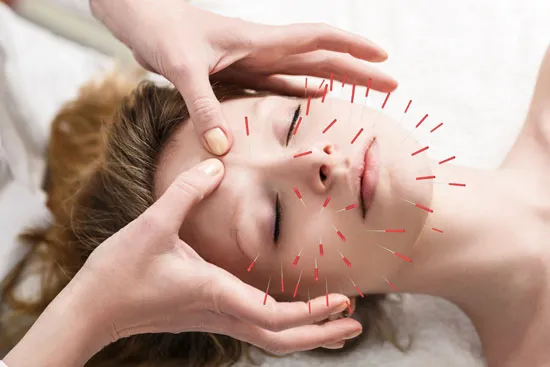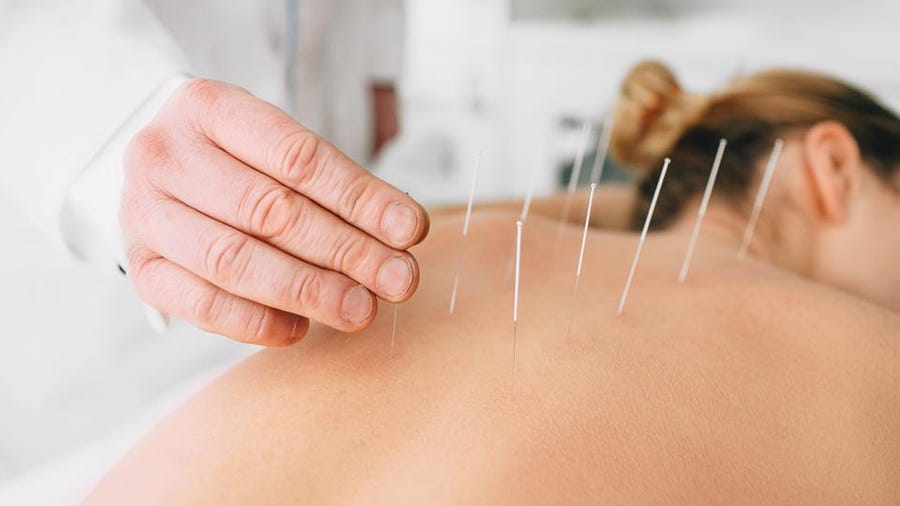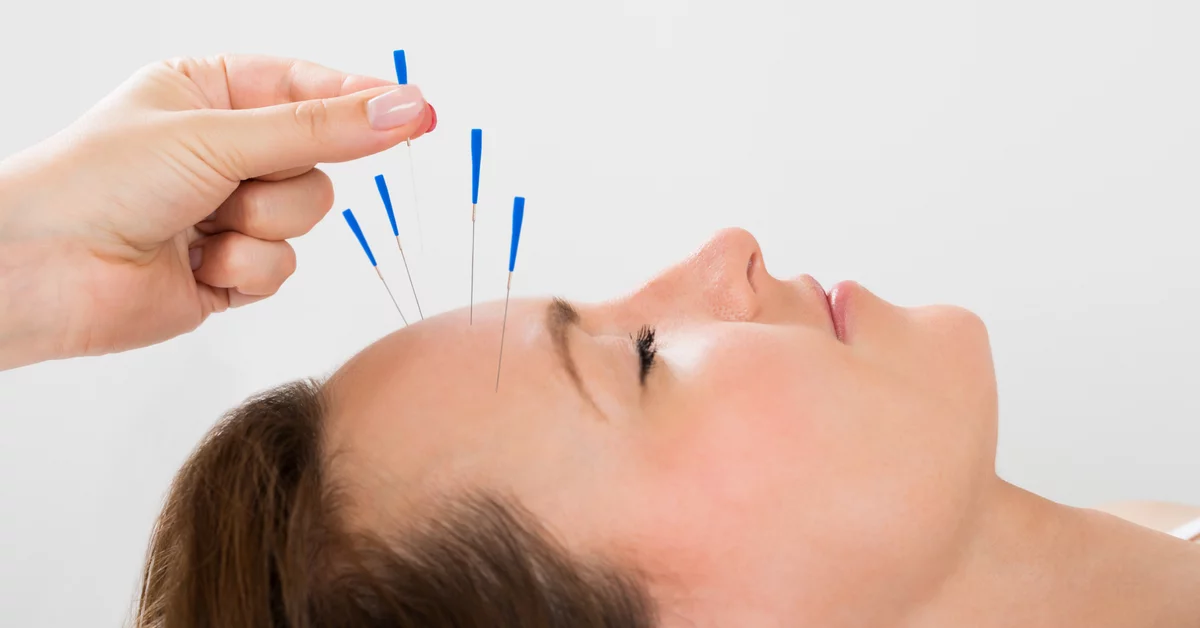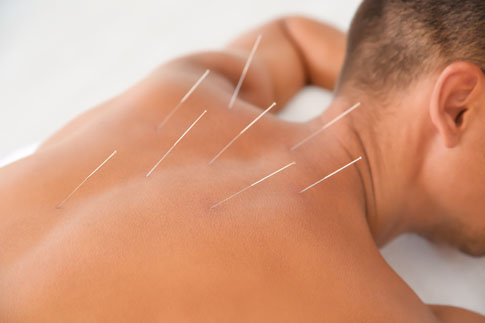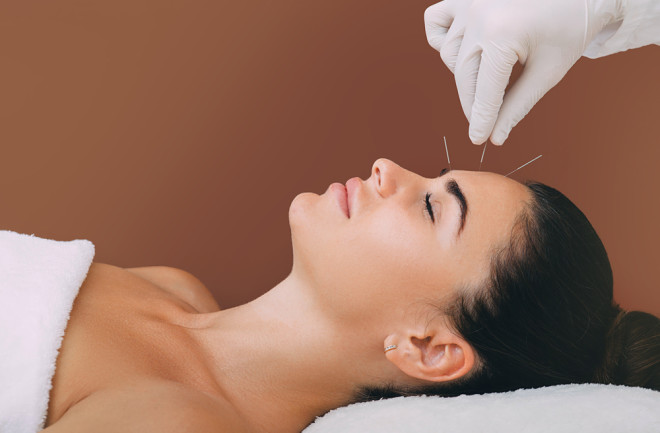Does acupuncture detox your body?
Acupuncture is a method of treatment that uses fine, flexible needles that are inserted into specific areas of the body to provide acupuncture. Most people don't feel needles. Some patients may feel tingling, or prickle following treatment. The brain sends signals to the body to create proteins or neurotransmitters in Acupuncture.
The needles used in acupuncture are only for single use. If the needles are delicate or extremely thin, a guide tube made of plastic may be required. Once a patient has agreed on a suitable place and the physician has inserted the needle into the skin. The needle should remain in the skin for between 10 and 20 minutes. The patient may feel some numbness, mild radiculopathies or numbness during this time. These symptoms are referred to as de-qi and indicate that the needle is working.
To receive acupuncture treatments it is essential to select a qualified practitioner. Selecting a qualified practitioner will reduce the risk of suffering. A national acupuncture organization can give you a list of certified practitioners in your region. Many conventional medical practitioners also utilize Acupuncture. Before receiving acupuncture, let your physician know that you are taking any conventional medical treatments.
Acupuncture, a relaxing treatment, involves inserting sterile needles into specific points on the body. There are typically five to 20 needles that are inserted during an treatment. The needles are typically kept in place for approximately 30 minutes. The physician will then wash the area with alcohol after the procedure.
Although acupuncture is considered safe, it should not ever be used on patients with heart disease or stroke. It is important to understand that not all patients are sensitive to needles. Some people experience a sensation of numbness, whereas others suffer from intense pain. Be aware of your health background, age, and medical background when selecting a physician.
